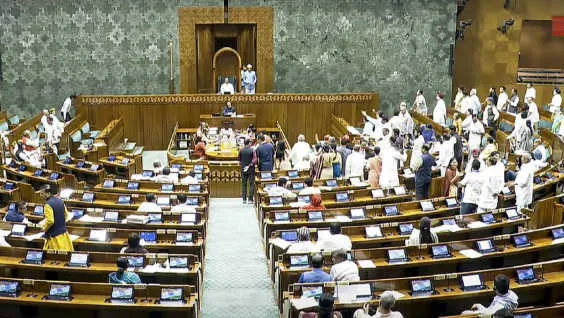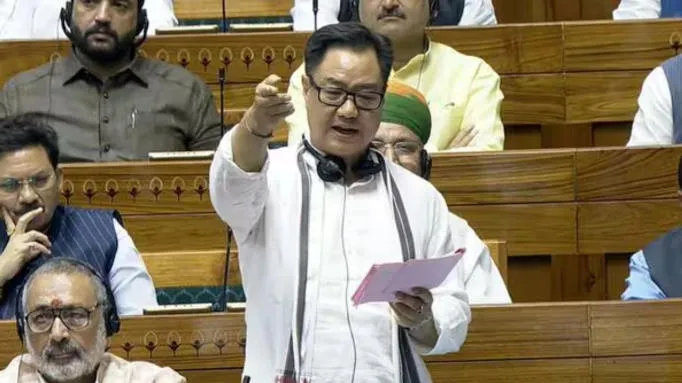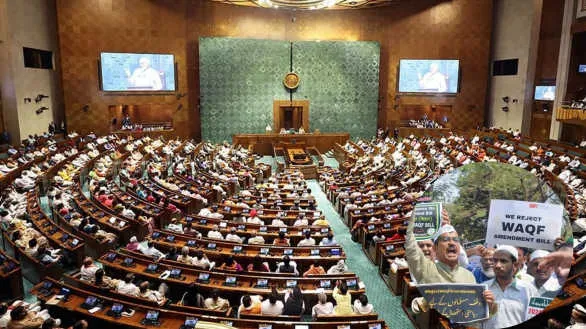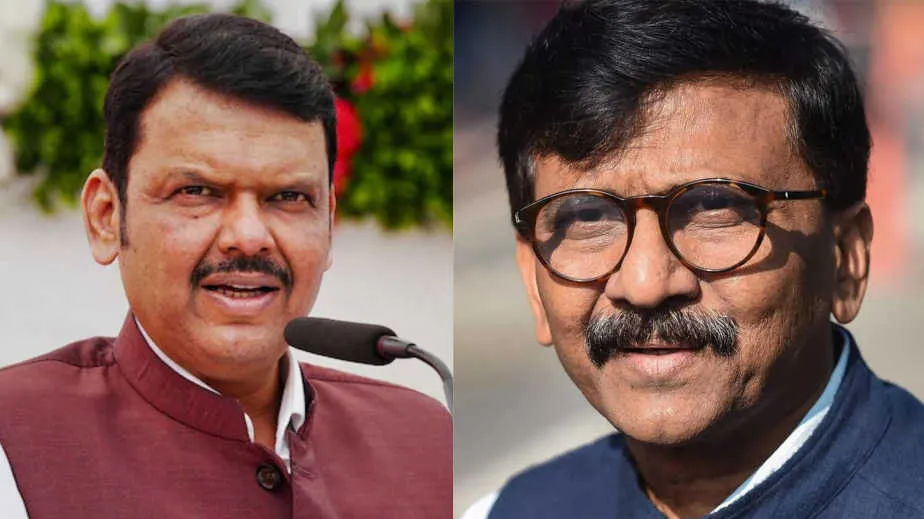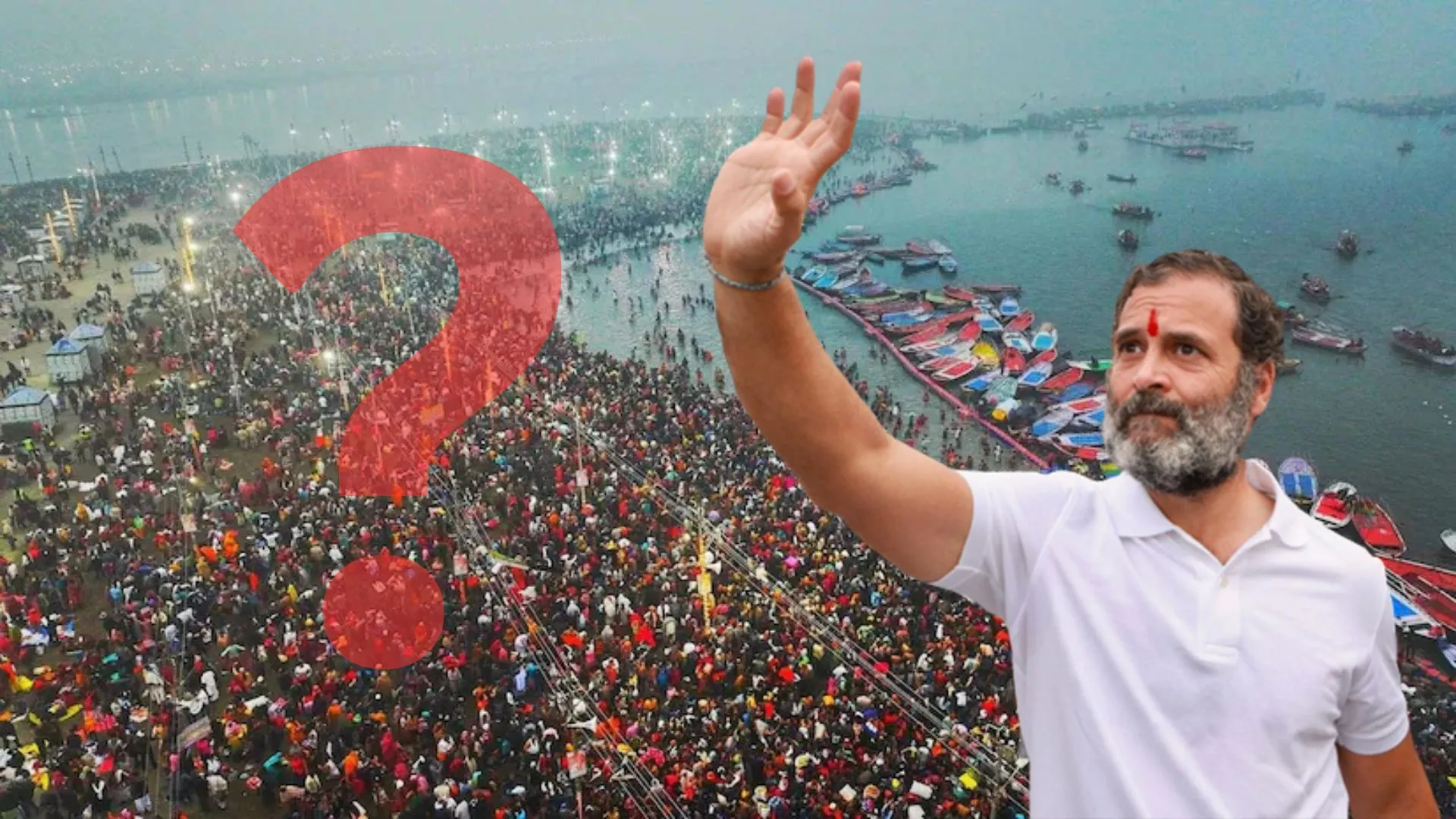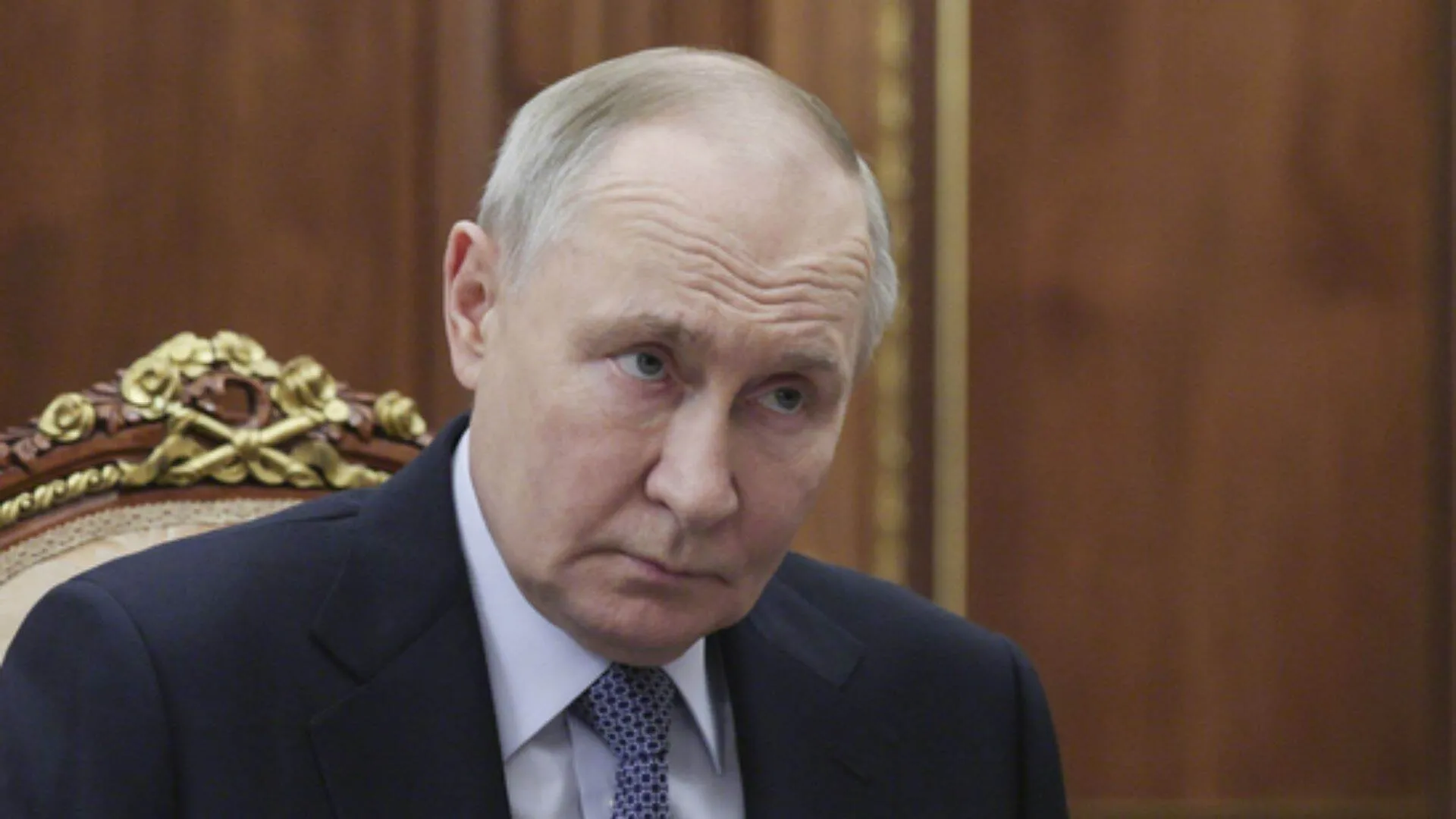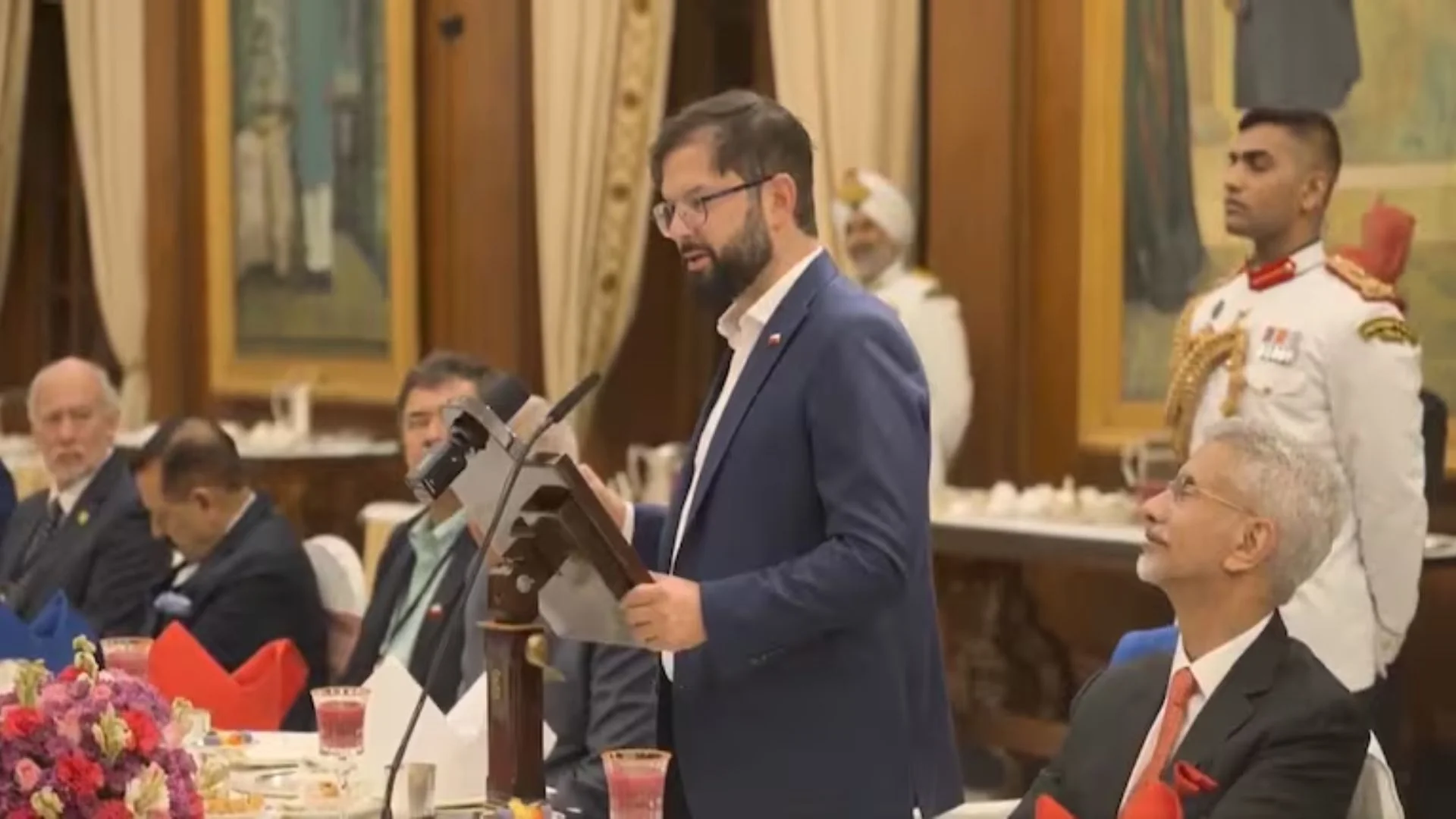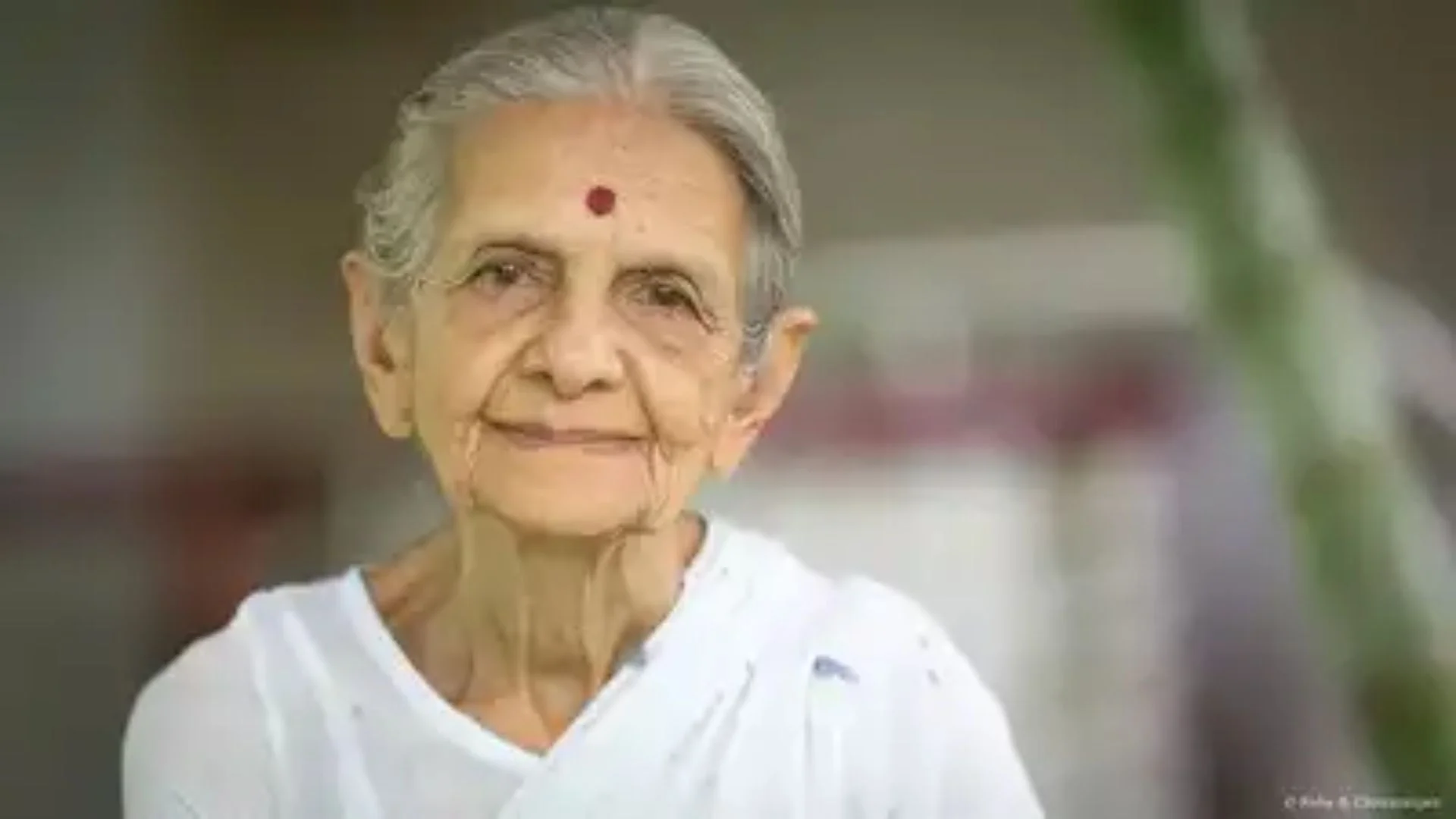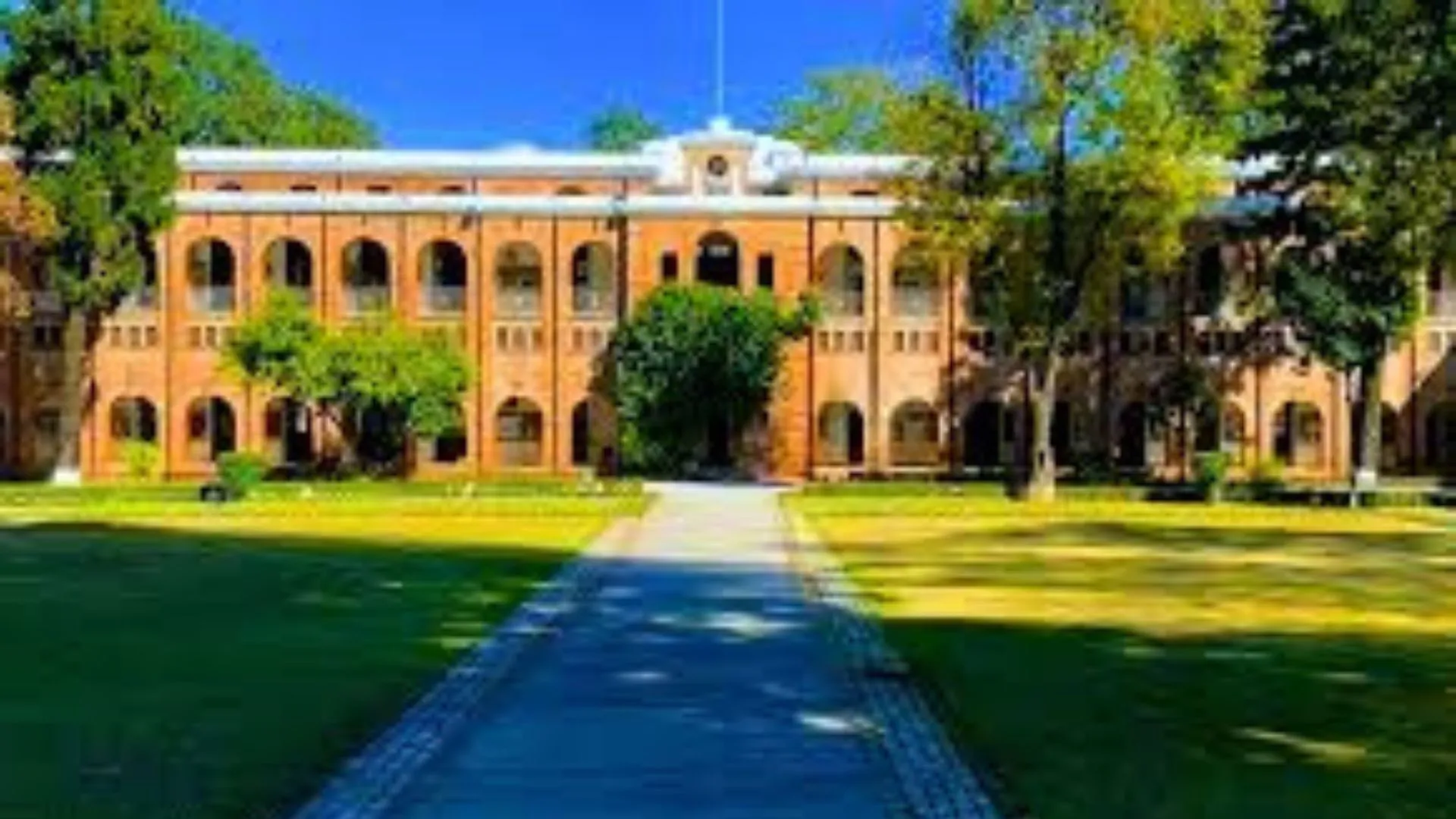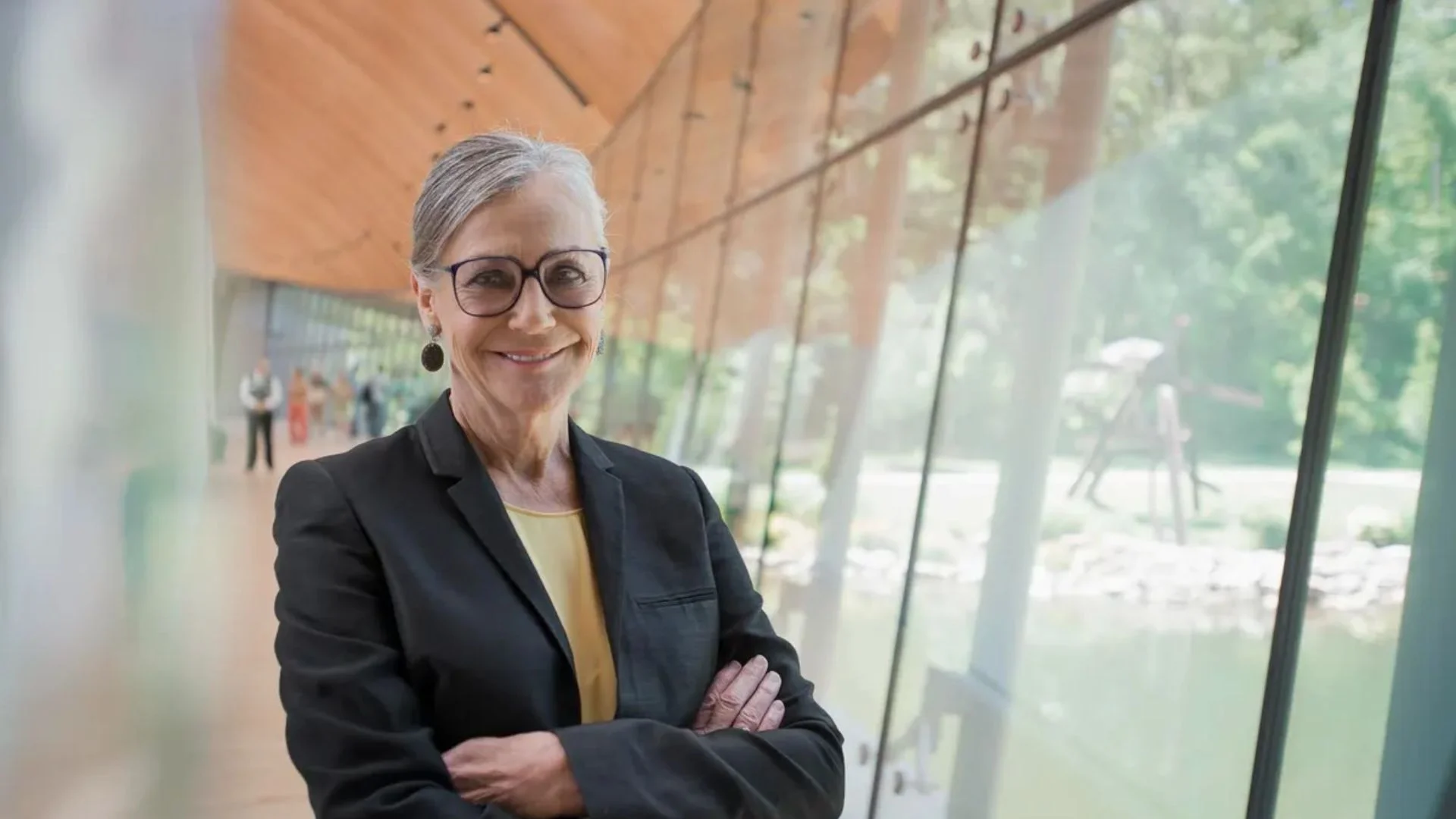The evolution of laddus from a sacred offering to a political tool in India is fascinating and well-documented. Traditionally, laddus have held immense religious and cultural significance, being offered to deities and distributed as prasadam in temples such as the Tirupati Balaji Temple, where they are considered a blessing from Lord Venkateswara. These laddus are so sacred that they were even granted a Geographical Indication (GI) tag in 2009 to protect their authenticity and prevent commercialization.
However, over time, laddus began to play a role in political symbolism. One of the earliest recorded instances of laddus being used in a political context was during Pakistan’s first military coup in 1958, where people reportedly distributed laddus to celebrate the political shift. This practice became more common across the Indian subcontinent after political victories and major elections.
Moreover, laddus have been tied to electoral success in states like Telangana, where the auctioning of the Balapur Ganesh laddu during Ganesh Chaturthi is seen as a symbol of political fortune. Political leaders often vie for this laddu, believing that winning the auction will bring them electoral success.
Originally starting as a small community auction in 1994, it has since evolved into a massive spectacle, with this year’s laddu fetching over Rs 30 lakh. Local politicians and influential figures regularly participate, not just for religious reasons but also to demonstrate power and prestige within their constituencies. Winning the auction is often believed to bring prosperity and electoral success, further intertwining religious symbolism with political ambitions.
The auction has grown significantly since its inception in 1994, when the winning bid was just Rs 450. Over the years, the auction has attracted increasing participation from political figures. In 2022, for example, Vangeti Lakshma Reddy won the laddu for Rs 24.6 lakh, and in 2023, Dasari Dayananda Reddy made the winning bid of Rs 27 lakh, underscoring the escalating importance of this annual event.
In 2018, the Balapur laddu auction became a notable event with the winning bid reaching Rs16.6 lakh, marking a significant moment of both cultural and political importance. Teretipalli Srinivas Guptha, a local businessman, secured the winning bid, showcasing the increasing prominence of this auction as a political and social platform. The Balapur laddu is believed to bring good luck and prosperity, making it highly coveted among local leaders and politicians, who participate to demonstrate their connection to religious and cultural traditions. By engaging in these auctions, politicians not only align themselves with the community’s values but also enhance their public visibility and political capital.
Similarly, the Tirupati laddu controversy highlights the religious-political connection. Traditionally given as a form of prasadam, the laddus have sometimes been leveraged for political gain, with elected officials distributing them after electoral victories, invoking divine approval for their success. This practice underscores how laddus, a seemingly simple offering, can carry immense socio-political weight.
It is well-known that sweets, including laddus, were shared in many parts of India to celebrate the country’s independence on August 15, 1947. For instance, in cities like Delhi and Mumbai, people distributed sweets, including laddus, as part of the general celebrations of freedom, despite the ongoing violence and tragedy of Partition.
In political culture, especially during elections, distributing laddus or other sweets is a symbolic way to build rapport with voters and establish connections between leaders and the public. Such traditions persist today and highlight how deeply food is intertwined with the socio-political fabric of India. One of the first documented of these is post-1970 Indian general elections when laddus were distributed, It now common in Indian elections for candidates and their supporters to distribute sweets like laddus after victories.
Global comparisons
During his presidency, Barack Obama hosted several Iftar dinners at the White House during Ramadan. In 2012, his remarks supporting religious freedom, particularly defending the rights of Muslims to build a mosque near Ground Zero in New York, caused an outcry among conservative critics. They accused him of pandering to Muslim voters and being insensitive to the 9/11 tragedy.
Although the National Prayer Breakfast is meant to be a non-partisan religious event, Donald Trump’s 2019 speech, where he made veiled attacks on his political opponents, stirred controversy. He criticized those who “use their faith as justification for doing what they know is wrong,” seemingly targeting Nancy Pelosi, who had cited prayer during the impeachment process. This speech politicized what is traditionally a solemn, unifying event.
As a devout Mormon, Mitt Romney faced significant challenges connecting with evangelical Christians during his 2012 presidential campaign. While attending religious events and meals with Christian leaders, controversy arose when some evangelicals, notably Pastor Robert Jeffress, publicly questioned Romney’s faith, referring to Mormonism as a “cult.” This sparked debates about religious tolerance within American politics.
Laddus in future digital democracies
In the context of modern digital democracies, the evolution of traditional elements of culture, such as laddus, could take an interesting turn. While laddus are often associated with celebrations and festivals, digital technologies could influence both their production and their role in society.
In digital democracies, laddus could be integrated into crowdsourcing or participatory budgeting platforms where communities vote on cultural initiatives or funding for local businesses. For example, a laddu-making initiative could be supported through civic platforms, where citizens vote on local projects that preserve traditional recipes or modernize them to appeal to urban tastes. Moreover, online community engagements could allow people to participate in decision-making on whether to use organic ingredients or promote eco-friendly packaging for laddus, aligning with sustainability goals driven by public consensus.
Additionally, laddus might evolve in digital spaces as symbolic tokens. In synthetic democracies, where online content increasingly shapes public opinion, laddus could serve as digital tokens in virtual celebratory campaigns—for instance, as rewards for participating in democratic processes or supporting local causes. This idea mirrors the growing use of digital assets in incentivizing civic participation.
Also read: Waqf Bill Backed by Key Stakeholders
In these evolving democracies, laddus may transcend their traditional role, becoming not only a culinary delight but also a digital cultural artifact, representing engagement, celebration, and the fusion of tradition with the future.


